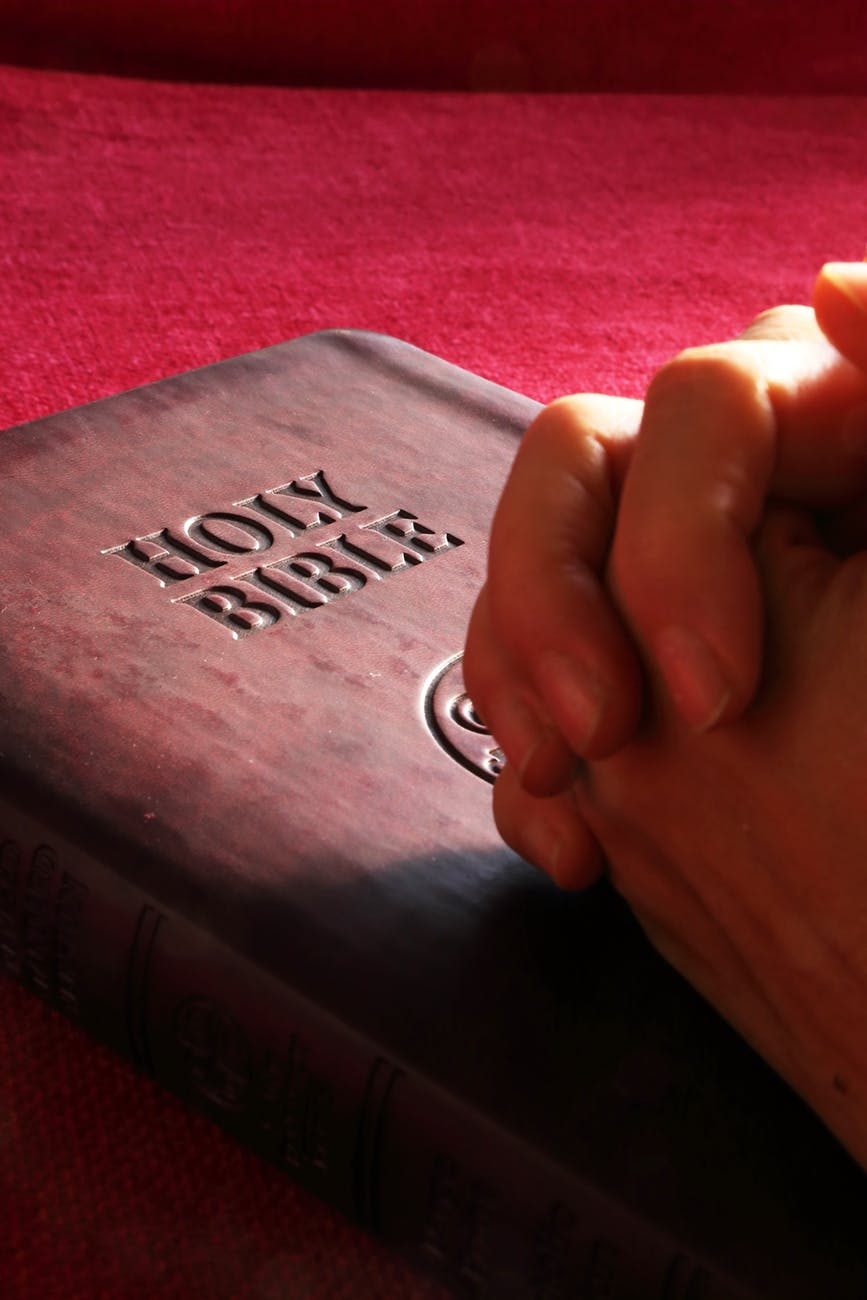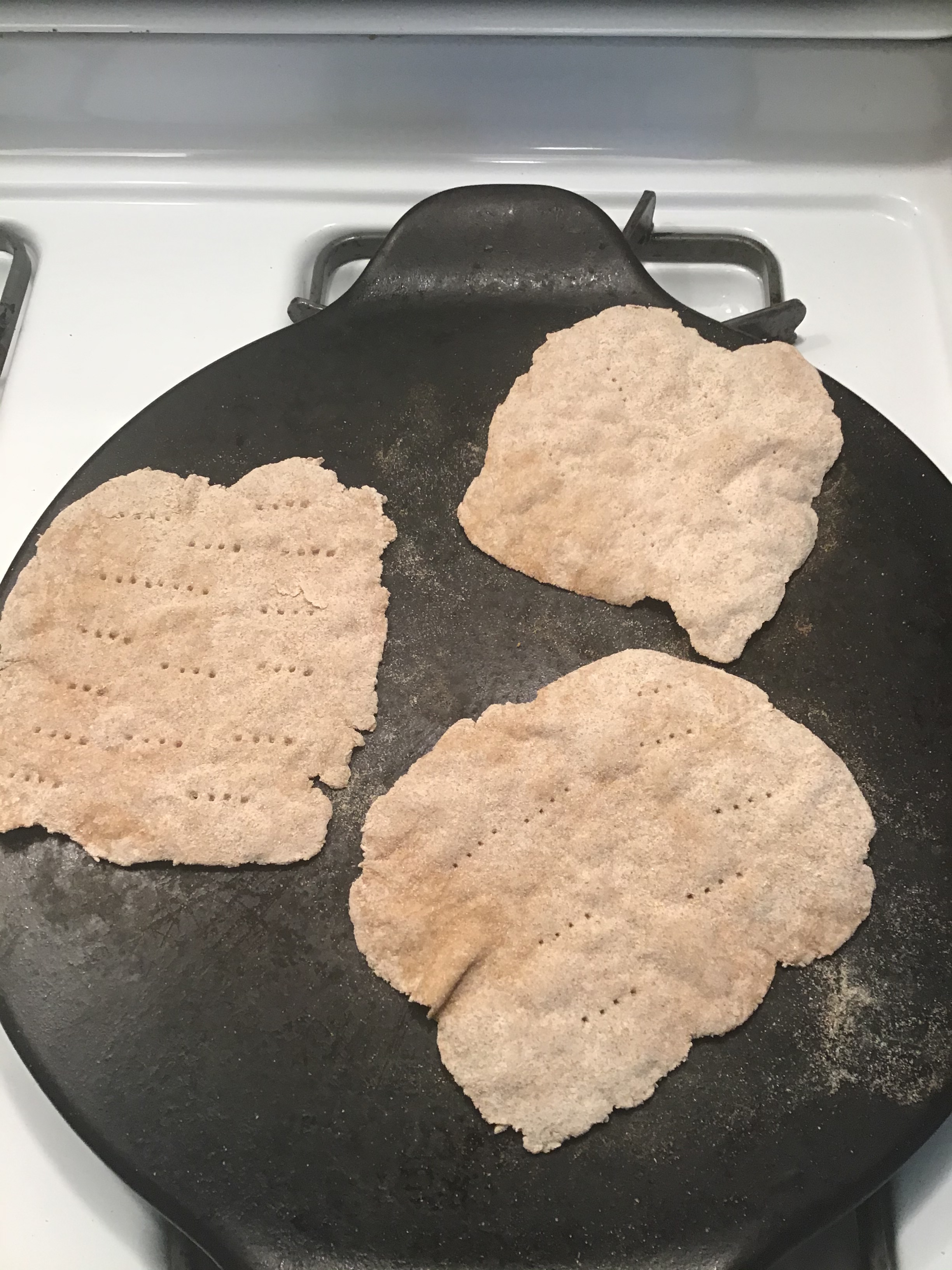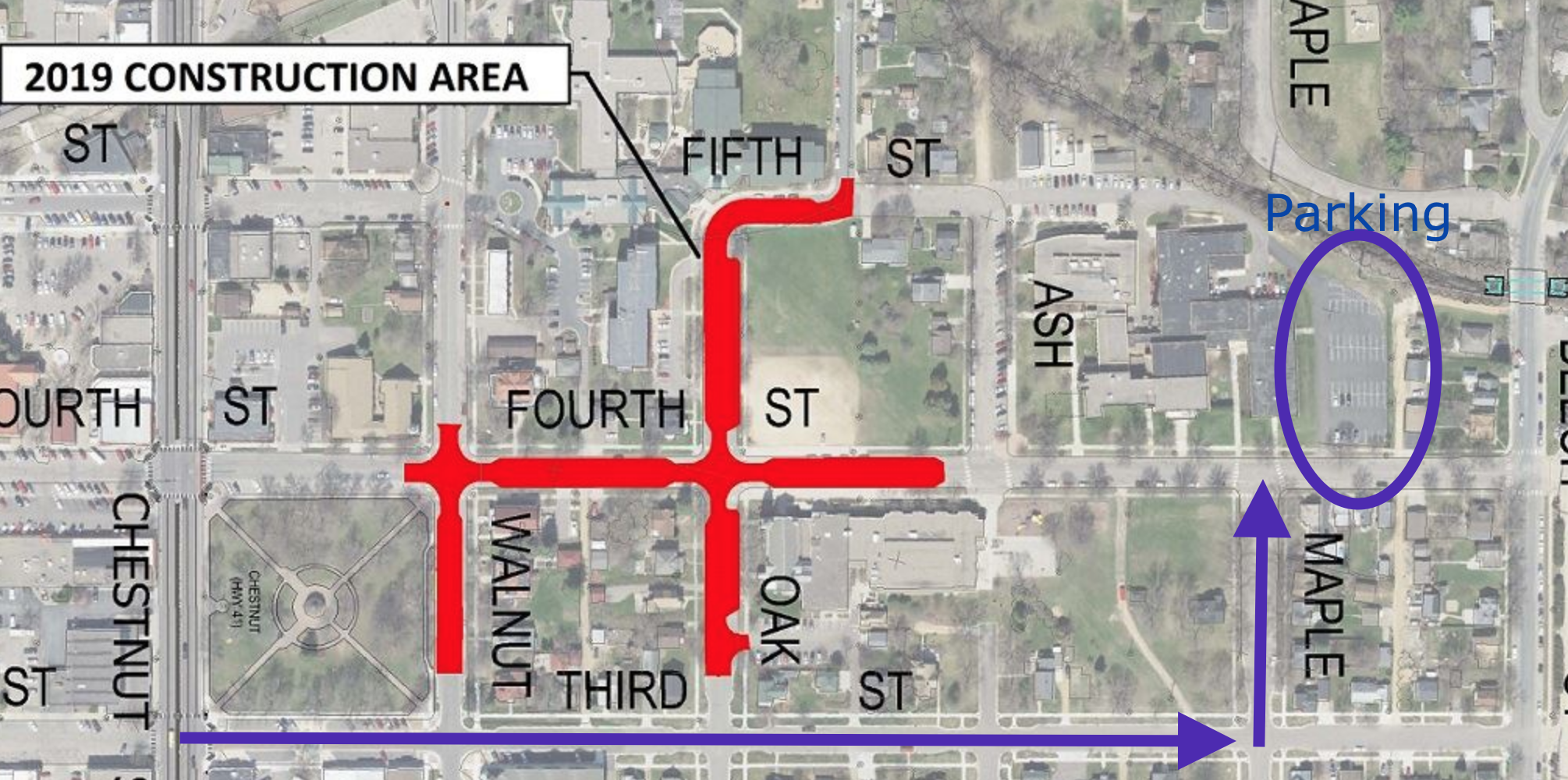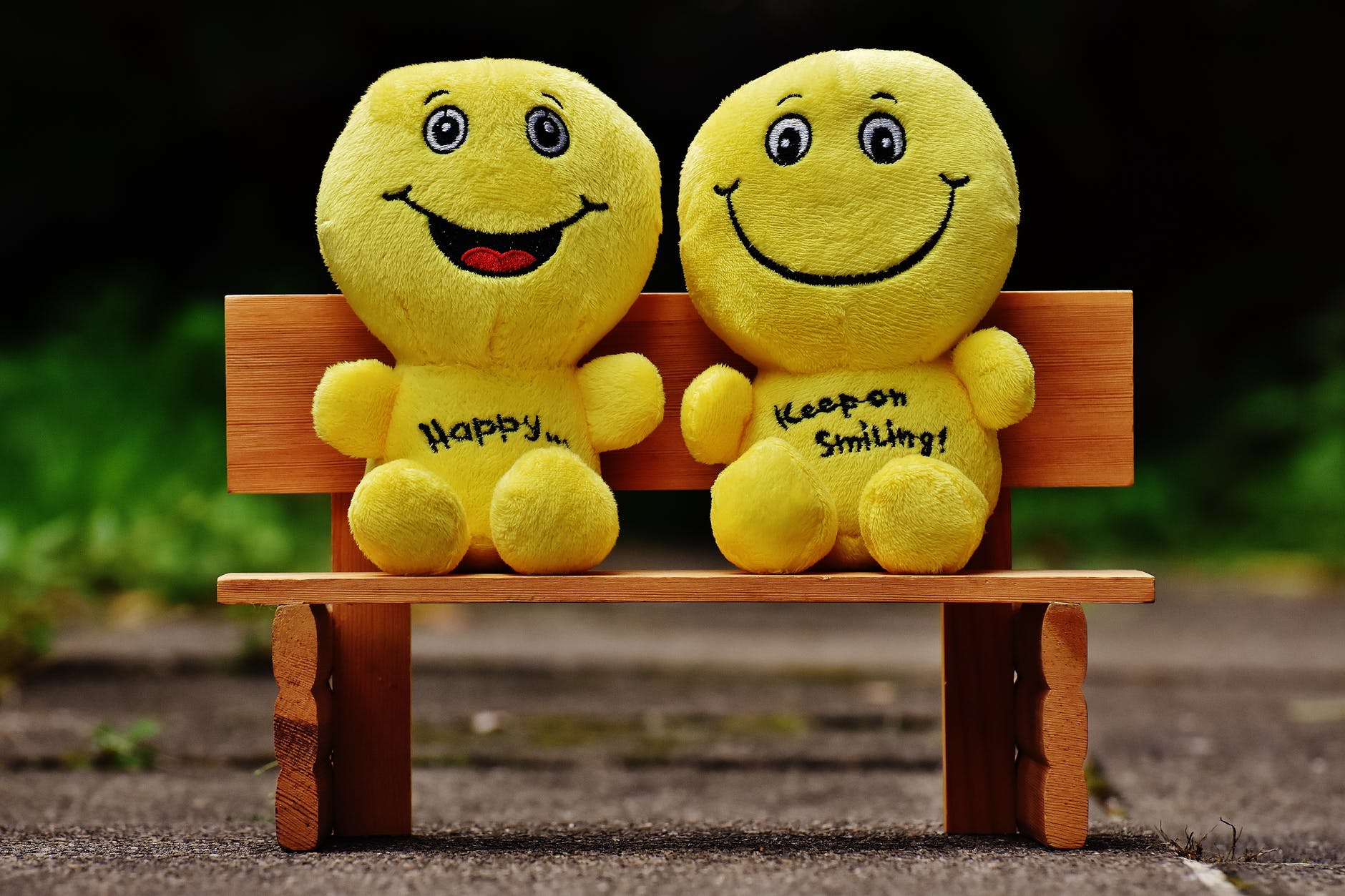Matthew 11 Devotional
Matzah “Jesus’ Cake”
Why Make Homemade Matzah
Understanding Passover is an important part of understanding the New Testament and specifically the events surrounding Christ’s last days. The past few years for Passover I have been making homemade Matzah, or as my daughter called it today “Jesus Cake”. I have even had the opportunity to share it with many people at our church as a part of our Good Friday meal. This year I won’t have the joy of sharing my Matzah with the church but I do have the joy of letting you know how I make it. Making Matzah with your kids is a fun and easy activity, which allows the perfect opportunity to tell them about how Passover began in Exodus 12 and how it is tied into the Triumphal Entry, the Last Supper, and Christ’s Crucifixion when Jesus sacrificed himself as our new Passover Lamb.
How to make Matzah
What you will need
- Whole Grain flour (not self-rising)
- Water
- Measuring cups
- Roller Pin
- Fork
- Mixing bowl
- Pizza Stone or Baking Sheet
- Timer
The Time Factor
- Traditionally you have 18 min from the time the water hits the flour to the time that it should be completely done baking. The most common reasons for this is because it is believed that after 18 min the flour will begin to ferment thus making it a partially risen bread. The time factor takes on a special importance because it is supposed to remind us of the sense of urgency the Israelites would have felt as they were preparing to flee from slavery in Egypt and Pharaoh’s wrath.
Set the oven to 500 degrees and heat the stone/pan in the oven. The hotter the pan is at the beginning the less time it will take for the first batch to bake.
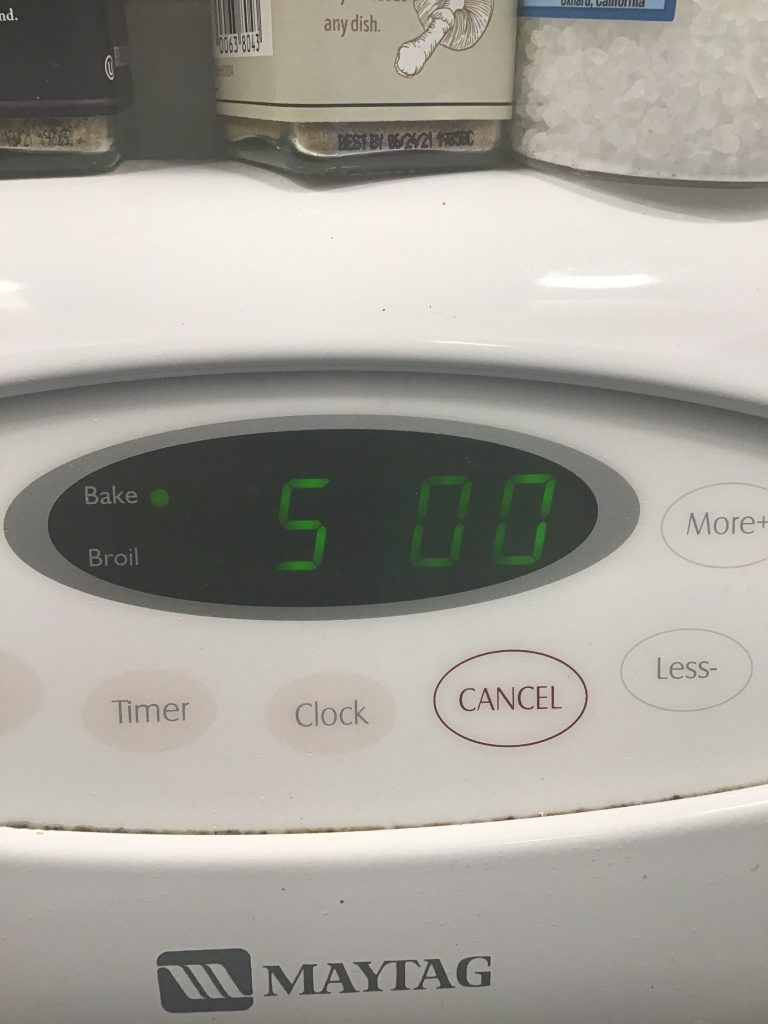
Place 2 cups of flour in the bowl and then add 1 cup of water. Start Timer!
Mix together with hands until it stays together, and then form into golf ball sized balls. Make sure to heavily flour the rolling pin and surface or else it will be extremely difficult to roll out.
Roll out as thin as possible.

Poke holes into the dough once flat. Place on the preheated stone/pan and throw in the oven. It should take between 4-7 min to bake depending on how thin your Matzah is.

Matzah is done when it becomes hard and has small bubbles
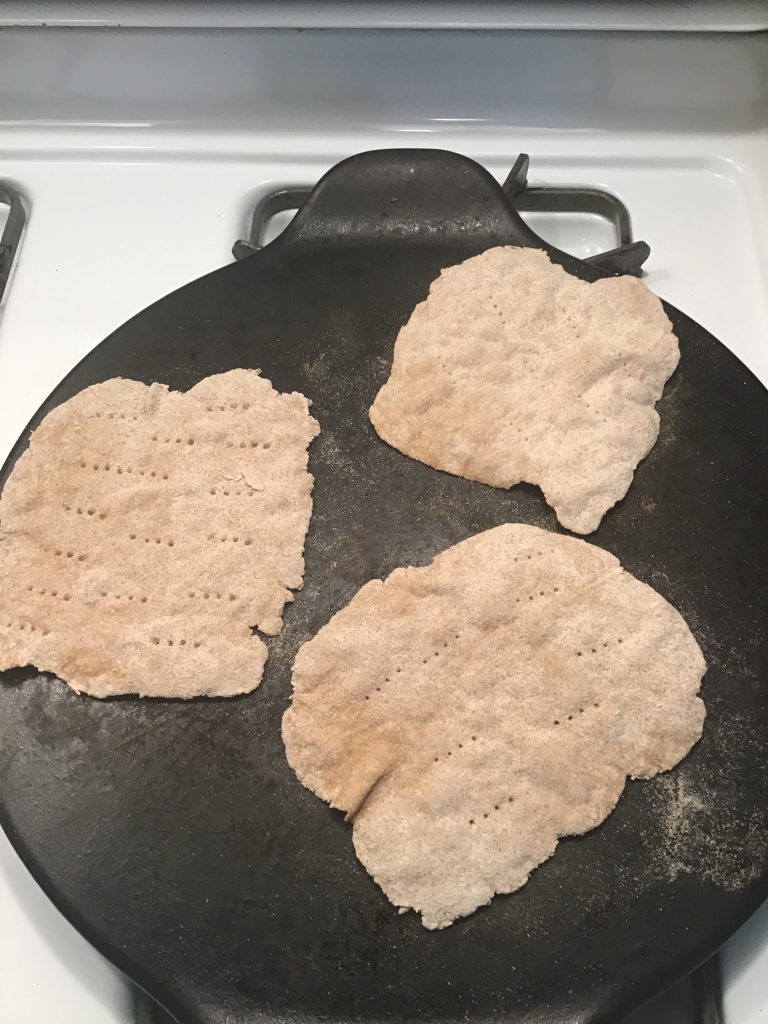
Let cool and it is ready to eat!
Easter Egg Hunt
The Saturday before Easter we would like to set up an Easter egg hunt for your children in your yard and drop off some helpful materials for an Easter lesson. Please text or call (913) 633-2769 if your are interested.
1 Thessalonians 5 Sermon
Temporary Move To Online
After much deliberation, and listening to our governmental and denominational leaders, the elders have made the decision for The River Church to transition to a video format for our worship services. It is difficult to consider not meeting in person. A big part of being the Church revolves around fellowship and we should not easily give that up. However, in the midst of our current situation it seems wise for us to change the way we meet for a little while. The current plan is for us to transition to an online format for the next 4 weeks. We will continue to reevaluate along the way as we listen to the recommendations of the CDC and other regulatory organizations.
We are going to start with a simple format and then consider adding to that in the days ahead if we have the resources and need. We will be recording a video and posting it to YouTube so that even those without Facebook can access it. Each weekend we will then make that video link available through Facebook, email, and The River website. We encourage you to watch the video and make comments either on YouTube or on the Facebook page.
During this time we will try to worship, pray, fellowship, and study God’s Word together using social media and other tools.
I encourage everyone to use the River Church Facebook group and email to share prayer requests, answers to prayer, practical needs, Bible verses, and any other helpful insights. We all need to work together in creative ways to connect with each other and encourage one another in these uncertain times.
From a practical perspective we also still have financial needs for the operation of The River. We have our online giving option available through Venmo. You can find the instructions for using Venmo below. If you would prefer a more traditional means of giving you can send a check to The River Church, P.O. Box 92, Chaska, MN 55318.
Thank you all for your patience and grace in the midst of this time. Everyone stay safe and let’s figure out together how to best to be the church in the midst of all that is going on. I will close with Aaron’s blessing from the book of Numbers: The Lord bless you and keep you; the Lord make his face to shine upon you and be gracious to you; the Lord lift up his countenance upon you and give you peace.
Venmo Instructions:
Follow the easy steps below to set-up the ability and start utilizing a free service where 100% of your giving goes to our ministry.
Download the Venmo app through App Store or Google Play using your smartphone. Or follow this link https://venmo.com/?gclsrc=aw.ds&
Open the application and follow the instructions to register as a user on Venmo. This will involve creating a username (email address) & password and then linking a bank account or debit card from which giving will be made.
Once you are registered and logged in, you will see a “Pay” icon which will open up a search feature to type in the name of the person/place you want to pay. The name for the church is River Church Chaska.
Enter the amount you want to give, add any comments or notes and decide on whether you want this to be Public (visible to everyone), Friends (visible to sender, recipient and their linked friends) or Private (visible only to sender and recipient).
Summer 2019 Road Construction
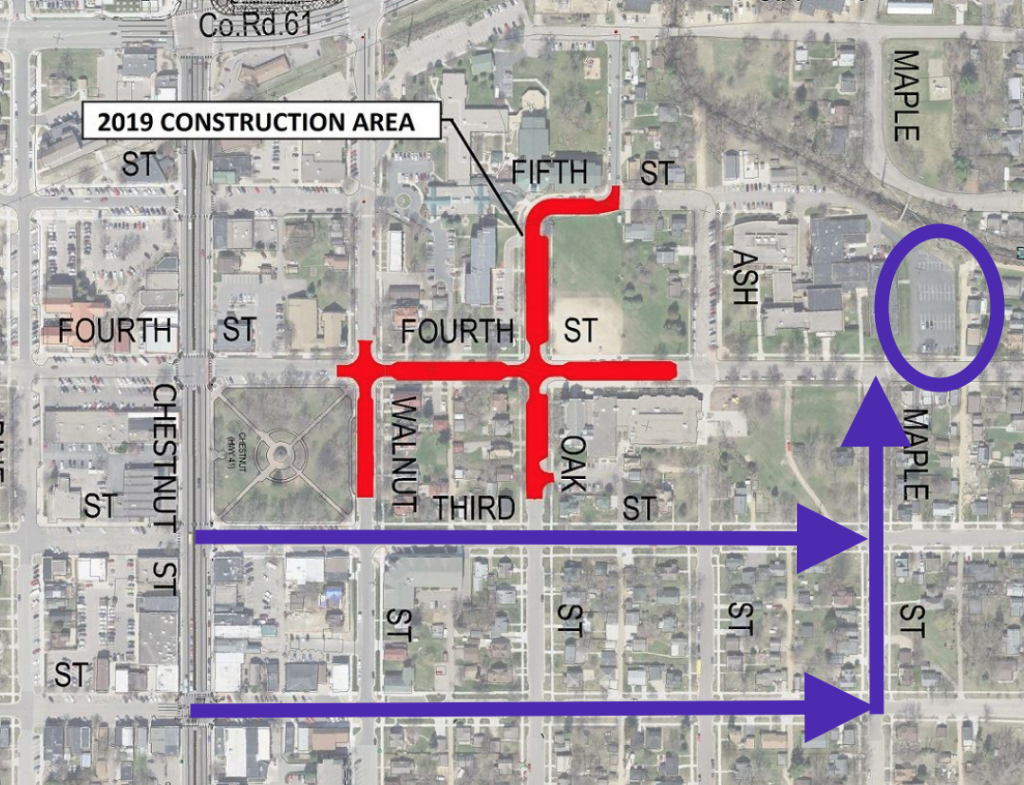
The red lines show the roads that will be impacted by this summer’s road construction.
The blue arrows show an alternate route that may be taken and the blue circle suggests a parking location in case roadside parking on 4th street is overwhelmed.
Without Excuse
1
As I stood before the rock wall many thoughts streamed through my head, each bearing an insight or question not of my own making. Spring water was seeping through cracks causing the rock face to glisten in the light from the sun in the eastern sky. Water and Light; always filling the dark voids of life. Ever persistent, Water and Light find a means to bring dramatic transformation. The telltale drilling channels were also obvious; relic signatures of man’s ingenuity and building efforts. Large slabs of sandstone not unlike those which comprise the base of our Capital remain for children and old men to climb, fanaticize and wonder.
God is alive and relevant. Knowing Him is to grasp the utmost source of contentment, confidence and joy. “Let not the wise man glory in his wisdom, let not the mighty glory in his might, let not the rich man glory in his riches; but let him who glories glory in this, that he understands and knows me” Jeremiah 9:23-24.Indeed this is the supreme distinctive of the Christian faith; in-Christ we can know the Lord God personally. His Spirit eagerly waits to show us His face in every corner of creation, in history and in each new day. For since the creation of the world God’s invisible qualities—his eternal power and divine nature—have been clearly seen, being understood from what has been made, so that people are without excuse. Romans 1:20.
Eternal goodness and blessing come only from trusting God; living in the awareness of His Presence. We may boast in our prideful capacities; we may even make our marks on stone but earthly achievements soon pass away. How great is God—beyond our understanding! The number of his years is past finding out.“He draws up the drops of water, which distill as rain to the streams; the clouds pour down their moisture and abundant showers fall on mankind. Who can understand how he spreads out the clouds, how he thunders from his pavilion? Job 36:36-39.
We may hang on to many excuses today for not seeking the Face of God; I’m busy, there’s much about Him I don’t understand, I just don’t have the faith needed, I’m okay where I’m at, I don’t need Him right now. Still, Christ is faithful; in the depth of our need He asks “shall I come and bring you my healing?” When Jesus had entered Capernaum, a centurion came to him, asking for help. 6 “Lord,” he said, “my servant lies at home paralyzed, suffering terribly.” 7 Jesus said to him, “Shall I come and heal him?” 8 The centurion replied, “Lord, I do not deserve to have you come under my roof. But just say the word, and my servant will be healed. 13 Then Jesus said to the centurion, “Go! Let it be done just as you believed it would.” And his servant was healed at that moment. Mathew 8: 5-8,13
Time out Today:
Father I hear You calling “COME TO ME”. As I stand before the stone walls in my life, help me to let go of pride. Help me to bring my remorse and repentance to You in simple faith. Today as I consider the current troubles in my life, I ask You Jesus to come to me with the refreshment of Your Living Water and the Light of Your Love. COME into me JESUS I ask for Your healing. Amen.
Without Excuse
My habit is to see the wall
Read the signs that say to all
No Hope Here.
But God desiring intimacy
Tender familiarity
Brings His Spirit; offers faith
With cleansing Water Living
Glistening Light forgiving
His purpose is made known.
How can I refuse?
I am without excuse.
Love reaches out to me.
Author: Fred Carlson
The Idolatry of Happiness
From the title of this article you might assume that I am going to rail against happiness. That is certainly not my intention, rather my intention is to warn against the ever growing tendency to raise “happiness” to such a high level of importance that it turns into an idol. We commit idolatry when someone or something other then God is exalted to the position of utmost importance. For some people this has become happiness.
Happiness has become an idol when it is considered to be the chief aim of ones life. People frequently saw, “Do what makes you happy.” This statement, although often times said offhandedly, is deeply flawed. It elevates happiness to the deciding factor in someone’s choice. What if what makes me happy hurts someone else? What if what makes me happy is watching sitcoms all day, and therefore my other responsibilities are neglected?
Few people can say that when they wake up and go to work they are filled with happiness to find that the plow has created an impenetrable snow wall at the end of their driveway that they have to shovel through to get to their place of employment.
One could argue that this statement is not meant to be literal, or that we have to do many unhappy things to reach something that makes us happy. The primary issue with this statement is that if happiness is our goal we will always be chasing after a moving target. The things that made me happy when I was sixteen are not the same things that make me happy now that I am twenty-four, and if I were still doing what made me happy at sixteen my life would be in shambles. For example, I have a toddler who thinks happiness is playing on my phone and eating insane amounts of chocolate. One of my roles as a father is to deny her what makes her happy now so that she does not throw up later. They sad reality is, chasing after temporal happiness often times distracts us from what will ultimately lead us to enduring happiness.
People mistake happiness for their ultimate goal and they also use happiness as a moral guide. I cannot count how many times I have been in a conversation about a moral choice with someone and they said something like, “Don’t you think I should be happy?” or “I was not happy so I had to make a change.” If happiness is our moral guide then nothing is forbidden. Why should children obey, couples work through struggles, or laborers toil if happiness is their god? If happiness were our moral guide then we would all be justified in drugging ourselves into a stupor and withering away while our minds are filled with euphoria.
Jesus said in John 15:9-11,
“As the Father has loved me, so have I loved you. Abide in my love. If you keep my commandments, you will abide in my love, just as I have kept my Father’s commandments and abide in his love. These things I have spoken to you, that my joy may be in you, and that your joy may be full.”
Ultimately we will be left disappointed with temporal happiness if its pursuit means we miss out on Christ’s eternal joy. What makes us happy today may bring us sorrow tomorrow. Actions decided in the present on the basis of happiness may lead to regret and pain in the future. Happiness cannot be our god if we want to live an abundant life, because our hearts long for more then this world can offer.
Happiness, in its proper form is not a goal to be worked towards, but rather a byproduct of proper conduct. True enduring happiness is experienced as a result of living a righteous life and being in right relationship with God, loved ones, and the world around us. C. S. Lewis said, ““If we find ourselves with a desire that nothing in this world can satisfy, the most probable explanation is that we were made for another world.” If happiness remains as the chief aim of our lives we will find ourselves unsatisfied. If we want to be truly satisfied our goal must be abiding in the love of Jesus and we do that by obeying His commandments. God instructs us to live moral lives not to restrict us from happiness but so that we can experience lasting happiness. We are limited in our perception and therefore we often times do not know what will lead to our happiness. If we take our sights off the goal of being happy and instead aim for Christ, happiness will be the byproduct of a life lived for God. When we remove happiness from the throne in our lives and allow Jesus to take His rightful seat, we will experience true happiness and everlasting joy.
Author: Nathan Phillips, Associate Pastor of the River Alliance Church
Hope In Our Suffering
Suffering is a part of everyone’s life. To be sure there are varying degrees of suffering and some people experience more suffering then others, but if there ever was a common human experience, suffering is it. The Bible is fully aware of this reality and includes many accounts of people who undergo times of difficulty, fear, and pain. Perhaps the most heart wrenching and genuine example of this is found in the book of Job. The book of Job is considered by most scholars to be one of the oldest books in the Bible and deals with many of life’s deepest questions.
Job was a man who had lost almost everything. His children had died, his health had deteriorated, his wealth was lost, and his friends and loved ones eventually lost hope in his suffering. In one of Job’s darkest moments he is so disheartened that he wishes he were never born.
“‘Why, then, did you deliver me from my mother’s womb?
Why didn’t you let me die at birth?
It would be as though I had never existed,
going directly from the womb to the grave.
I have only a few days left, so leave me alone,
that I may have a moment of comfort
before I leave—never to return—
for the land of darkness and utter gloom.
It is a land as dark as midnight,
a land of gloom and confusion,
where even the light is dark as midnight.’”
Job 10:18-22
Just by reading these words we can get a sense of the torment and the pain Job was going through. He feels broken and beaten down. He sees no hope and no comfort. He feels as though his only purpose in life is to suffer. Unfortunately, Job is not the only one who has felt this way. How many of us have found ourselves saying the same things as Job, or have had a loved one who experienced this same all consuming agony? My heart breaks for Job and for everyone whose heart has cried out in this same way.
Although the Bible includes raw examples of suffering it also provides us with hope. The Bible provides us with hope in several ways. It reminds us that we were not created for suffering, God is present through our suffering, and there is an eternal end to suffering.
Although suffering is a human universal, humanity was not created to suffer. We instinctively know this. Many animals appear to experience sadness when they themselves suffer, and in some occasions when they notice animals of their own kind suffer. Humans however experience sadness and perceive injustice. We are appalled when we see someone suffering, even if we have never met them or if they are thousands of miles away. We are tugged by the confident knowledge that, “this is not right” and “this is not how things are supposed to be.” We perceive injustice because in our very being we recognize that suffering is somehow a foreign agent distorting the image of humanity.
Genesis chapter 1-3 paints a picture of humanities purpose and the beginning of human suffering. God created humans separate and unique from the rest of creation. Genesis one tells us that God created humanity in His image, and appointed them to be stewards of His creation. Humanities purpose is not to suffer but to live in loving communion with God, baring and glorifying His image, and caring for the rest of creation. The perfect harmony between God and humanity was shattered in Genesis chapter 3 when Adam and Eve cast aside the warnings and commandments of God by eating fruit from the forbidden tree in the pursuit of pridefully attempting to elevate themselves above God. It is because of this rejection of God’s purpose for humanity that sin entered the world and with it suffering. The purpose of humanity is to live in loving communion with God, baring and glorifying His image, and caring for the rest of creation. The rejection of this purpose leads to the opposite of loving communion, which is suffering. The effects of sin have poisoned all of creation and we see evidence of this in the universality of suffering. Suffering is not what you were made for. You were made to live in a loving relationship with God, fulfilling the purpose you were created for. Being reminded of this does not eliminate suffering, but it offers hope that we have a greater purpose then to suffer. No matter what you are going through. No matter what people tell you. You are not created to suffer. You are created to love and be loved by the Creator of the Universe, and to fulfill the purpose He has in store for you.
We have hope because God is present in our suffering. We see this in a multitude of Biblical promises. Perhaps the most famous of which is found in Jeremiah 29:11, “’For I know the plans I have for you,’ says the Lord. ‘They are plans for good and not for disaster, to give you a future and a hope.’” What few people recognize about this verse is that it was given in the midst of intense suffering. God gave these words while Jerusalem was all but destroyed and its residents were carried off into seventy years of captivity and exile. A mistake we frequently make is that we view Bible promises as an assurance that we will not suffer, but as we know suffering comes. God’s words of encouragement and promise are not a false assurance that we will not suffer, but rather a hope that even in the midst of suffering we are not forgotten and we are not hopeless. God has a plan for our lives and, although as long as sin exists suffering will be a reality, God’s plan does not end with our suffering. His plan for us is greater then the pain and hopelessness we may be experiencing. We can be confident that we are not alone in our suffering. Jesus Christ has stepped into our broken world and taken upon Himself all of the sin, suffering and pain of humanity. The fact that Jesus Christ would be slaughtered on the cross, by sinful men, so that we could be freed from sin and have hope in the midst of suffering was prophesied over 500 years before it took place.
“Yet it was our weaknesses he carried;
it was our sorrows that weighed him down.
And we thought his troubles were a punishment from God,
a punishment for his own sins!
But he was pierced for our rebellion,
crushed for our sins.
He was beaten so we could be whole.
He was whipped so we could be healed.”
Isaiah 53:4-5
Jesus Christ died on the cross to carry our suffering and sin, and as we experience times of darkness we should have confidence and hope that we can rely on Him to carry our burden.
We also have the eternal hope for the ultimate end of suffering. As we previously discussed we were not created to suffer, but all of creation has been made sick with sin and therefore suffering exists. God has not abandoned His creation and in the end all will be restored. Revelation 21 gives us a glimpse of this reality.
“I heard a loud shout from the throne, saying, ‘Look, God’s home is now among his people! He will live with them, and they will be his people. God himself will be with them. He will wipe every tear from their eyes, and there will be no more death or sorrow or crying or pain. All these things are gone forever.’”
Revelation 21:3-4
Suffering is a universal experience but it was not always so and will not always be so. My heart breaks for all who, like Job find themselves in the pit of despair. I encourage you to reach out and share your burden with the people around you. Allow your counselor, pastor, friend, or loved one to come along side you and help shoulder the burden. You may feel alone in your suffering but know that the city of those who have suffered is a crowded one. Lastly, but most importantly rest in the hope provided to us by our Creator. You were not created to suffer. You were created for a loving communion with God, and to fulfill His glorious purpose for your life. You are not alone in the midst of suffering. God is present even in the depths of despair. There is an end to suffering. God has taken all the suffering of the world upon Himself and purchased for us an eternal hope.
May the Lord bless you and keep you
The Lord make his face shine on you and be gracious to you
The Lord turn his face towards you
and give you peace
In the name of Jesus Christ our Lord
Amen
Author: Nathan Phillips, Associate Pastor of the River Alliance Church


